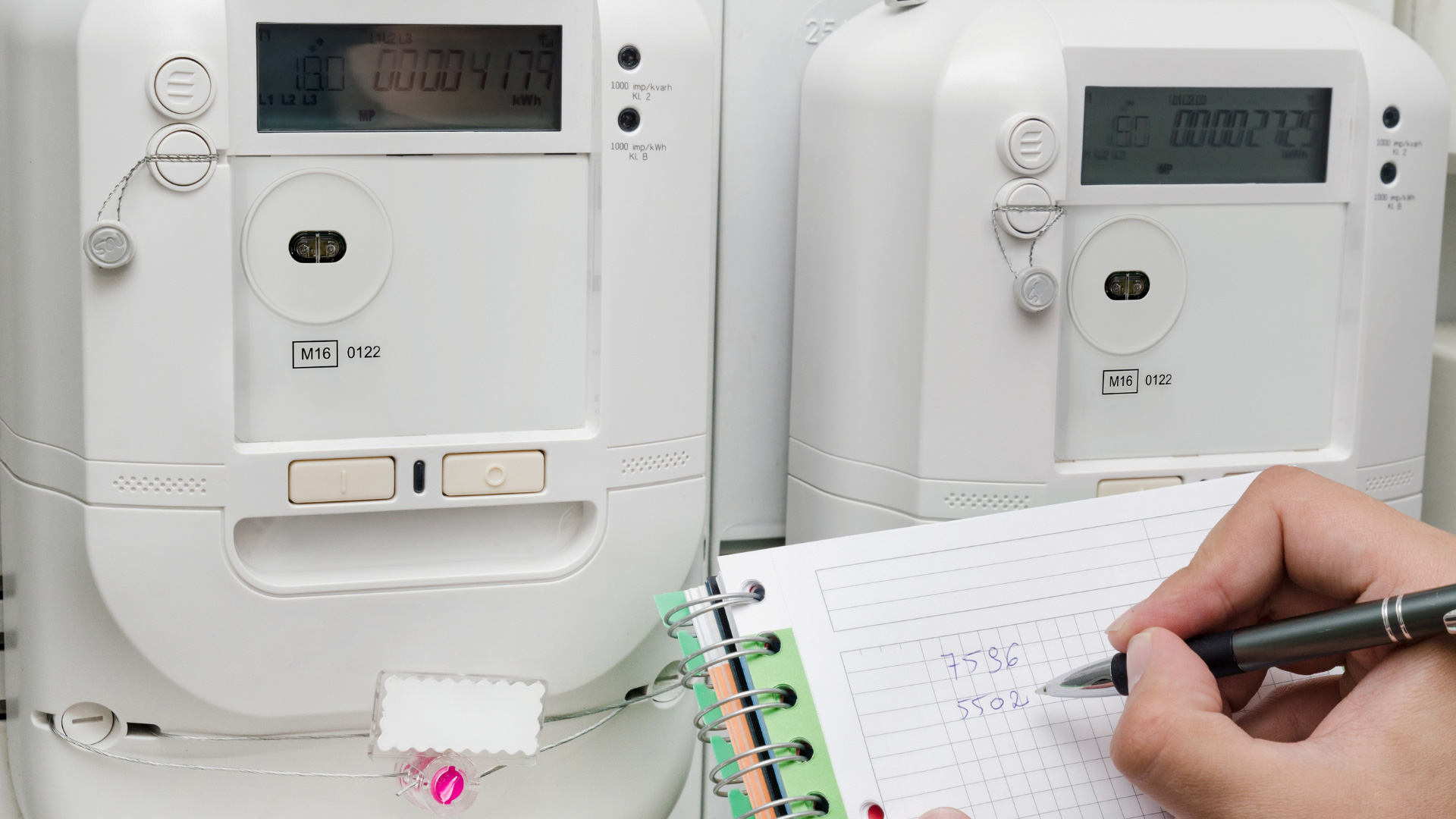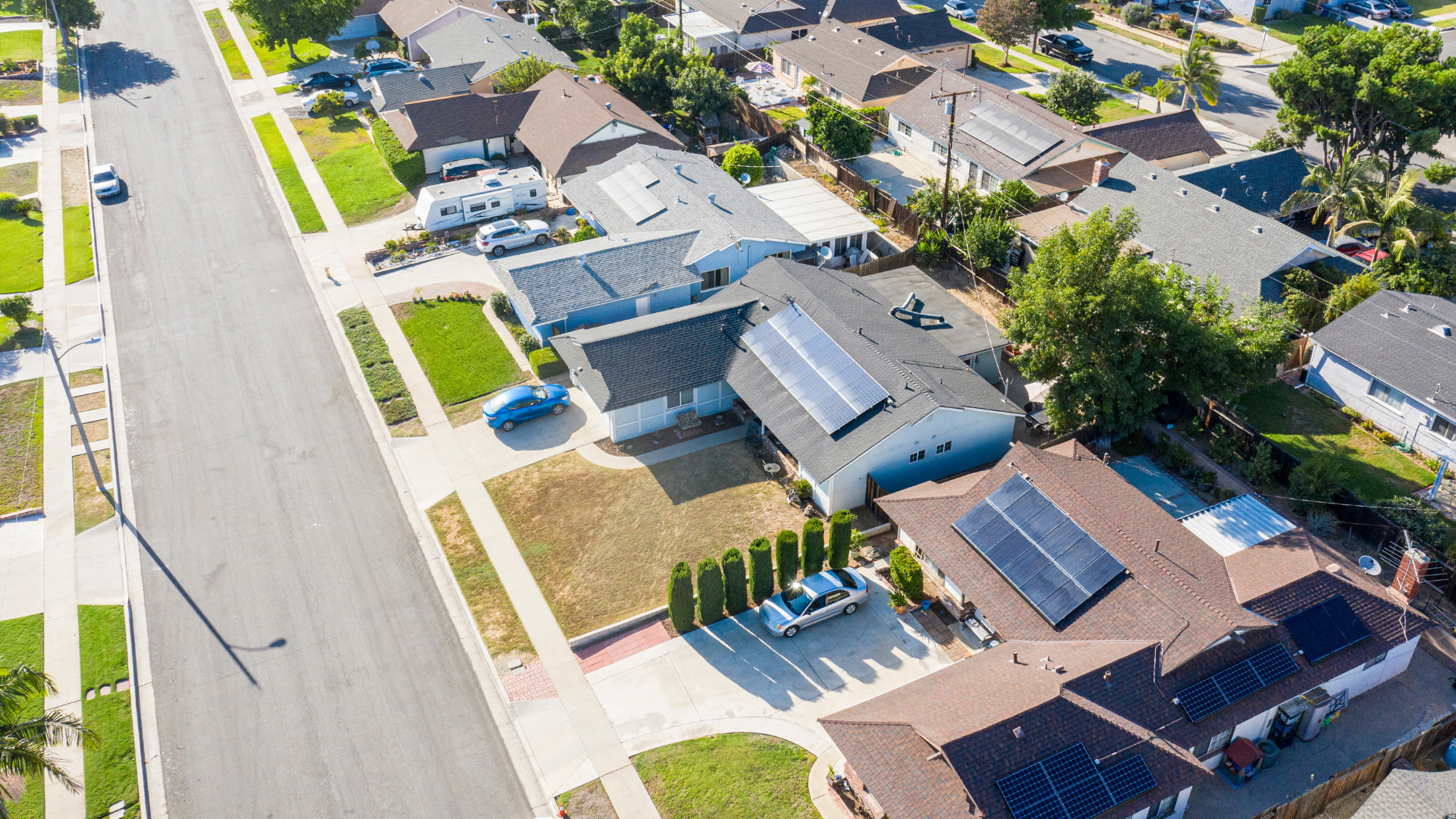Going solar requires some equipment, but it also requires a bit of technical know-how and an understanding of the terminology. As you learn more about how solar panels work and how many panels you’ll need for the amount of electricity your household consumes, you’ll run into the terms kilowatt and kilowatt-hour. Knowing what they mean and how they work can make all the difference in getting the right solar panel setup for your home.
What Is a Kilowatt?
A kilowatt (kW) is a unit that measures the electrical capacity of your system. How much electrical output can it generate? A kilowatt equals 1,000 watts (with each watt being volts times amperes). The physics behind it matters less than knowing that kilowatts are a standard measure of power output. The higher the kilowatts, the more powerful the system and the more electricity it can give you each second. As a general rule, solar panels are labeled based on the kilowatts they provide under ideal conditions: sunny, clear, and with each panel properly angled to capture the sunlight.
What Is a Kilowatt Hour?
A kilowatt-hour (kWh), however, measures electrical wattage over time. One kilowatt-hour measures the energy of a 1,000-watt system running for one hour. The average home, for example, uses at least 42 kWh of electricity per day across all the lights, appliances, and electronics within the home.
By knowing the kilowatt-hour requirements of your home, you can calculate how many kilowatts of energy your solar panel system needs to generate in order to power your home under typical conditions. You can also measure your home’s energy efficiency efforts and try to reduce your kWh requirements. Some ways to do so include:
- Conduct a baseline energy audit so you know exactly how much energy your home uses, and then periodically conduct audits to see improvements over time.
- Insulate your home to reduce energy loss through your HVAC use.
- Use smart home systems that reduce consumption.
- Optimize the use of passive solar energy to heat your home or provide interior light.
You can also maximize your solar panels’ ability to match consumption by choosing very efficient panels, converters that match or exceed the amount of power you expect to generate, and installing a solar energy storage system or batteries for nighttime energy consumption.
Difference Between Kilowatt and Kilowatt-Hour
It’s important to distinguish the difference between kilowatt vs. kilowatt-hour. Kilowatts typically measure supply and output capacity, whereas kilowatt-hours are typically used to measure demand requirements. You need to have an accurate idea of your kilowatt-hour requirements so you can choose panels with the right kilowatts to meet that demand.
Ultimately, kilowatts of electrical power generated by solar energy will offset kilowatt-hours in your home. Depending on the size of your solar panel system, it may offset those kilowatt-hours in part or in their entirety.
Learn Everything You Need To Know About Going Solar
Ready to learn the ins and outs of everything you need to get the right solar panels for your home? Download our Ultimate Guide to Going Solar to get started, or reach out to our team of experts for one-on-one assistance.






